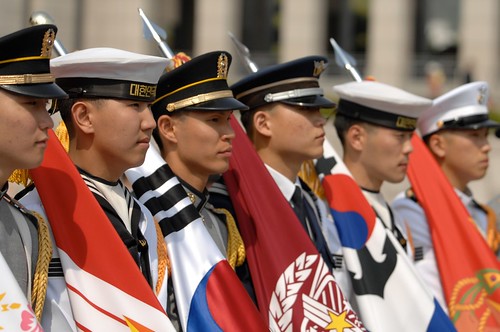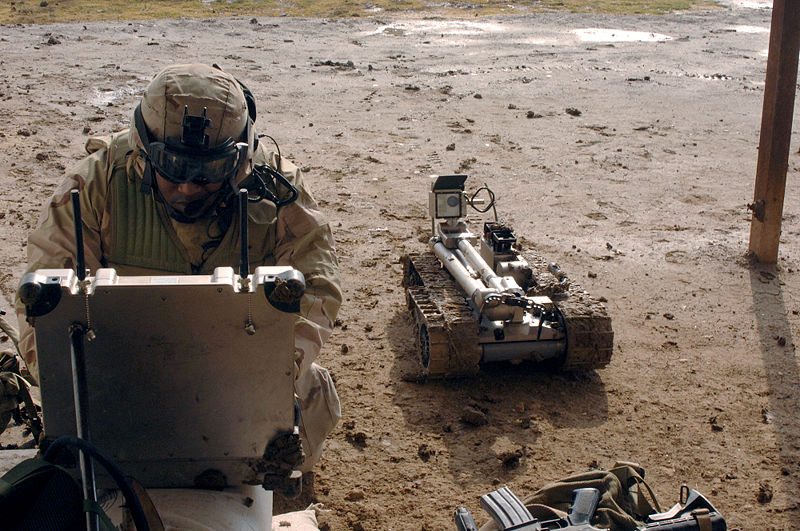
NEW DELHI – With street protests roiling democracies from Bangkok to Kyiv, the nature and legitimacy of elections are once again being questioned. Are popular elections an adequate criterion by which to judge a country’s commitment to democracy? Beginning next month, elections in Afghanistan and India will throw this question into even sharper relief.
Afghanistan will hold a presidential election on April 5. But a smooth electoral process is far from guaranteed – especially given that US President Barack Obama has already informed Afghan President Hamid Karzai that the United States and NATO have no choice but to withdraw their troops by the end of this year.




